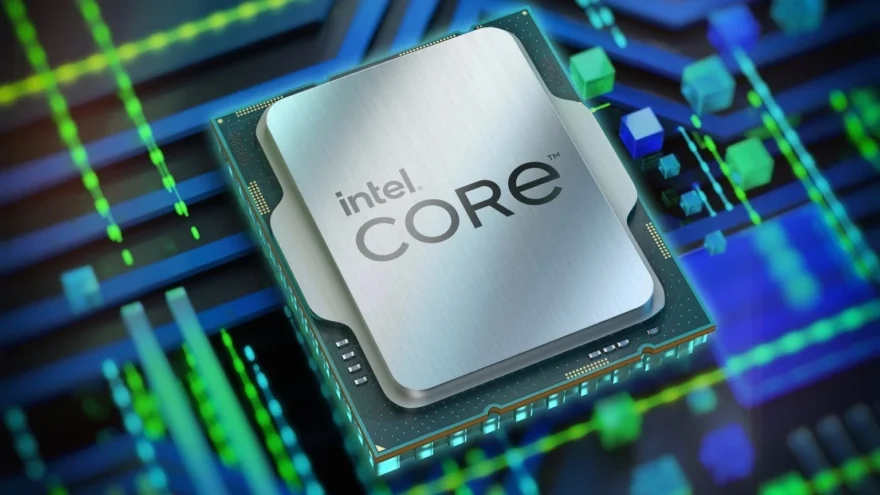Intel Unveils $7 Billion Chip Business Setback
Intel recently announced a steep downturn in its foundry business, revealing a $7 billion operational loss. This development marks a significant hurdle in Intel’s race to surpass Taiwan Semiconductor Manufacturing (TSMC) in the chip manufacturing domain.
TSMC, on the other hand, forecasts a revenue increase of over 20 percent in 2024, driven by the high demand for advanced chips in artificial intelligence applications. They plan to maintain their capital expenditure between $28 and $32 billion, echoing the previous year’s investment.
Intel’s Setback in Numbers
Intel reported that its manufacturing unit’s losses deepened to $7 billion in 2023 from $5.2 billion the prior year. Revenue also took a 31 percent hit, dropping to $18.9 billion from $27.49 billion. This information, disclosed in documents to the U.S. Securities and Exchange Commission (SEC), paints a grim picture of the company’s current financial health.
Intel’s CEO, Pat Gelsinger, during an investor presentation, projected 2024 as the nadir for the company’s operating losses. Gelsinger remains hopeful, aiming for operational breakeven by around 2027.
Future Plans

Intel attributes its foundry business challenges to past strategic errors, notably its delay in adopting extreme ultraviolet (EUV) machines. However, Intel is now adjusting its course, reducing dependency on external manufacturers like TSMC for wafer production from 30 percent to about 20 percent.
The company is investing in EUV technology to regain its competitive edge in pricing and performance. Furthermore, Intel plans to inject $100 billion into building or expanding chip factories across four U.S. states, an ambitious move to turn its fortunes around.
Financial Restructuring for Transparency
Intel has overhauled its financial reporting structure to better reflect its new foundry business model. This restructuring is aimed at boosting transparency, cost discipline, and overall financial performance. Intel’s CFO, Dave Zinsner, expressed confidence in the new model’s potential to achieve significant cost savings and operational efficiencies.
As Intel embarks on this journey to reclaim its position in the semiconductor industry, the tech giant is poised for a long-term transformation, focusing on growth and profitability through strategic initiatives and technological advancements.









